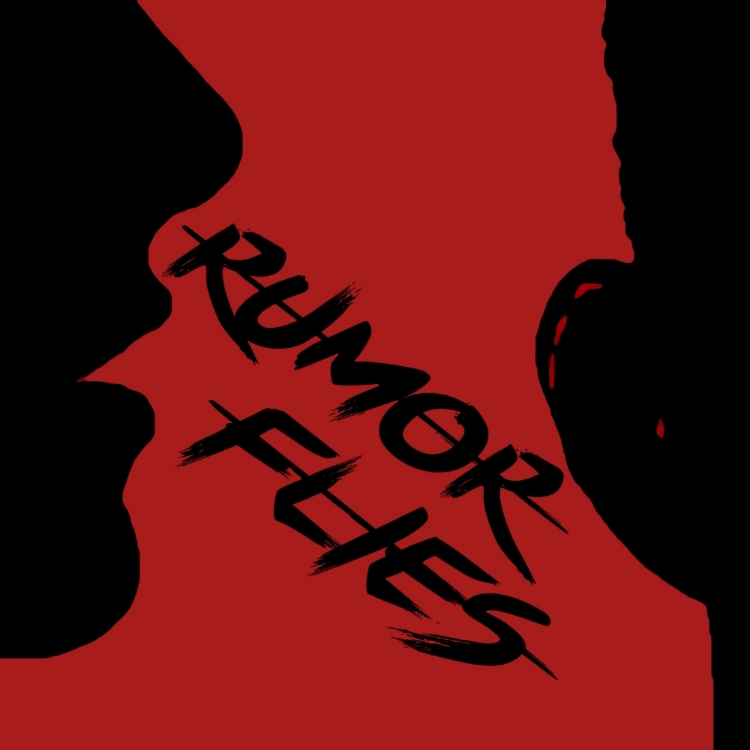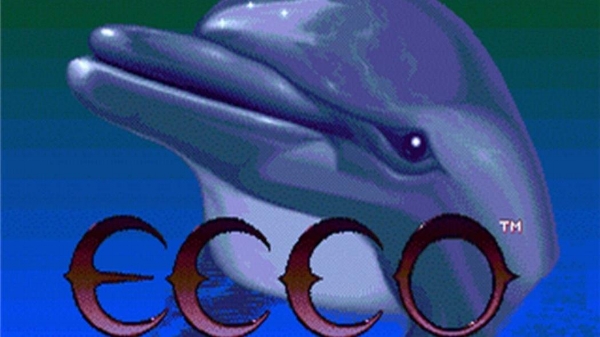Snap Judgment #23: Happy birthday, you're not special!
#74: You share your birthday with at least 9 million other people in the world.
Verdict: False on a technicality
Let's open with why it says "False on a technicality." Really...that means false, but I'm giving them just a few points (JUST a few) for making a simple mistake. According to ThoughtCo, the odds of you sharing your birthday with anyone should be approximately 1/365 in any population (0.274%). This assumes ~7 billion people at time of article (though it's more accurately around 7.6 billion). Since we now know you share it with .274% of the population, we do the math (.274% of ~7billion): you share your birthday with over 19 million people around the world (19,178,082). So this means that yes, technically Snapple was right saying you shared with over 9 million people (even if it was understated), right? WRONG. Leap Year, yo!
If you are born on February 29th, you should share your birthday with 1/1461 of the population (0.068%). That means you share your birthday with 4,791,239 people, making Snapple officially wrong. Now this was a fun but short math adventure accented with pedantry and literal interpretations, so I wanted to add a little something extra to the topic. I went ahead and researched some of the most and least popular birthdays.
Fun Fact: September is the most popular birthday with Winter being the least popular as a whole (Dec-Feb).
Researchers at Harvard University examined births between 1973 and 1999, and found that the most common birth date for those years was Sept. 16 (2006 report), but more recently, Matt Stiles at The Daily Viz created a visualization based on data FiveThirtyEight compiled on births from 1994 to 2014, updating that to Sept. 9th. The data is from the National Center for Health Statistics and the Social Security Administration.
So there you have it. A short one, but we love finding ones where we get to be SUPER petty about why they are wrong, so we couldn't resist. Ok, not "we," me.
Cheers,
Greg






